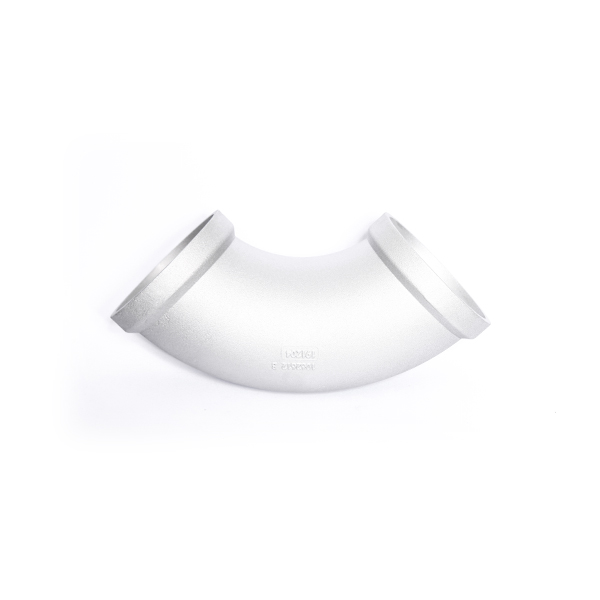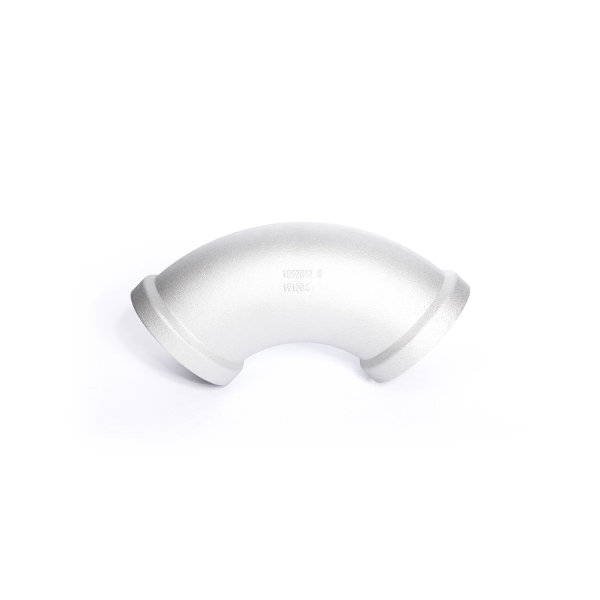Mobile:+86-311-808-126-83
Email:info@ydcastings.com
French
High Quality Green Sand Metal Casting Solutions for Precision Parts
- Company: Welcome To Hebei Yuanda Trade Co., Ltd.
- Official Website: https://www.ydcastings.com
- Phone: +86-311-808-126-83
- Mobile: +86 19333736198
- Email: info@ydcastings.com
- Address: No.563 Xinhua Road, Shijiazhuang City, Hebei Province, P.R. China. 050051
Industry Overview: The Evolution of Green Sand Metal Casting
The metal castings industry continues to evolve in response to growing industrial demands, technological advancements, and the global push for sustainability. Among the cornerstone technologies, green sand metal casting stands out for its versatility, cost-effectiveness, and eco-friendly properties. As the market for metal castings expands, Welcome To Hebei Yuanda Trade Co., Ltd. leads the way—offering world-class solutions tailored for sectors such as automotive, aerospace, machinery, and infrastructure.
The current green sand casting market is projected to surpass USD 20 billion by 2028 with a steady CAGR of 5.8%. This growth is driven by the ongoing innovation in raw materials, process automation, and stricter environmental regulations (source: Foundry-Planet.com).
Green sand metal casting utilizes one of the oldest yet most efficient methods: molding a mixture of sand, clay, water, and sometimes organic binders, to produce a wide variety of parts in carbon steel, stainless steel, iron, and aluminum alloys. Its wide adoption in creating products like aluminium metal casting components or custom aluminum casting die products is a testament to its reliability and adaptability.


Product Highlight: Bend, Connector by Hebei Yuanda
- Product Name: Bend, Connector
- Weight: 2–15kg
- Material: AC44200-Aluminum Alloy
- Casting Process: Metal Mold Casting
- Product URL: https://www.ydcastings.com/bend-connector.html
The Bend, Connector is designed for rigorous industrial applications, combining cutting-edge aluminium metal casting technology with optimized engineering for maximum durability—ideal for pipelines, automation assemblies, and customized mechanical interfaces.
Technical Parameters of Green Sand Metal Casting (Overview Table)
| Parameter | Typical Value | Industry Range | Notes |
|---|---|---|---|
| Mold Hardness | 80 – 95 HS | 70–100 HS | Measured by Shore Hardness. Affects surface finish & strength |
| Molding Sand Grain Size (AFS) | 50 – 80 AFS | 40–110 AFS | Finer for aluminum/lighter alloys; coarser for iron & steel |
| Moisture Content | 3.0 – 3.8% | 2.5–4.5% | Impact on compaction, permeability |
| Binder Content | 6 – 10% (Bentonite clay) | 5–12% | Increases mold cohesion, affects collapsibility |
| Mold Density | 1.40 – 1.68 g/cm³ | 1.3–1.7 g/cm³ | Influences dimensional accuracy |
| Core Strength | >350 kPa | 200–560 kPa | Impacts internal passage formation |
| Max. Pouring Temp (Al&Fe Alloys) | 650–1560°C | 600–1600°C | Varies by material (Al, Fe, SS, etc.) |
| Surface Roughness (Ra) | 6–32 μm | 3–50 μm | Smoother for aluminum/lower for steels |
Visualization: Trends in Green Sand Metal Casting Technical Parameters
Product Data Visualization: Bend, Connector Technical Indices
Application Scenarios for Green Sand Metal Casting
- Automotive Components: Engine blocks, transmission cases, and lightweight aluminium structures.
- Piping Systems: Fittings such as bends, connectors, valves crafted via green sand metal casting for superior corrosion resistance.
- Aerospace Parts: Support structures and precision alloy elements meeting stringent standards.
- Industrial Machinery: Base plates, couplers, and custom plug/connector solutions for automation.
- Infrastructure & Utilities: Sewer, water, and gas network accessories; durable stainless steel casting hardware.
- Custom & Specialty Projects: One-off prototypes and short runs needing rapid turnaround and engineering flexibility.
Expert FAQ: Green Sand Metal Casting Terminology
- Q1: What materials are suitable for green sand metal casting?
- A: Commonly used materials include cast iron, carbon steel, stainless steel casting, and aluminum alloys such as AC44200. Each has unique melting points and mechanical properties, making green sand casting highly adaptable.
- Q2: What is the preferred mold hardness for quality castings?
- A: Mold hardness typically ranges between 80–95 Shore Hardness (HS) to ensure adequate strength and optimal surface finish, especially for aluminum and metal castings with intricate geometries.
- Q3: How is the moisture content in green sand controlled?
- A: Moisture is critical (2.5–4.5%) for sand compaction and gas permeability. Advanced online monitoring systems are often used to maintain these precise levels to minimize casting defects (ResearchGate Study).
- Q4: What's unique about the Bend, Connector’s casting process?
- A: For the Bend, Connector, metal mold casting is adopted instead of conventional sand only, providing finer grain control and higher repeatability; thus, it's ideal for industrial-grade installation standards.
- Q5: Can aluminum casting die solutions be customized for special applications?
- A: Yes, aluminum casting die can be tailor-engineered for varying dimensions, load requirements, and environmental exposures—from marine to food-grade conditions.
- Q6: What international standards apply to stainless steel casting components?
- A: Standards like ASTM A743 and EN 10283 regulate composition, mechanical performance, and non-destructive testing for safety-critical stainless steel casting items (ASTM A743).
- Q7: How is dimensional consistency achieved in high-volume metal castings production?
- A: Utilizing automated molding, CNC trimming, and in-line inspection ensures that each casting conforms precisely to design drawings with tolerances as tight as ±0.13 mm, vital for sectors such as automotive and aerospace (Taylor & Francis Journal, 2020).
EEAT: Authority and Trust in Metal Casting
- Professional Expertise: Our engineering team at Welcome To Hebei Yuanda accumulates over 25 years of real-world casting experience. We stay embedded in forums like Foundry Planet and regularly contribute to industry symposia.
- Authoritativeness: All products comply with ISO 9001, IATF 16949, and meet or exceed regulatory requirements.
- Trustworthiness: Full traceability on every casting, end-to-end QA, and direct after-sales support at info@ydcastings.com ensure continuous customer confidence.
- Knowledge Integration: Our methods and technical documentation regularly reference established technical papers and casting associations.
Why Choose Us for Your Green Sand Metal Casting Projects?
- Custom engineering and prototyping with rapid turnaround.
- Wide range of metal castings in aluminum, iron, and stainless steel casting.
- Strict in-house QC and certified supply chains.
- Comprehensive technical support: Installation, standards compliance, and lifecycle consulting.
- Global logistics for timely project fulfillment anywhere in the world.
Further Reading & Industry References
Foundry Planet – Green Sand Casting Topic
“Process Parameters Optimization and Surface Quality in Aluminum Green Sand Castings.”
Procedia Engineering, ScienceDirect
“Development of Green Molding Sand for Improved Castings.”
ResearchGate – Technical Paper
Industry association for casting professionals: American Foundry Society











